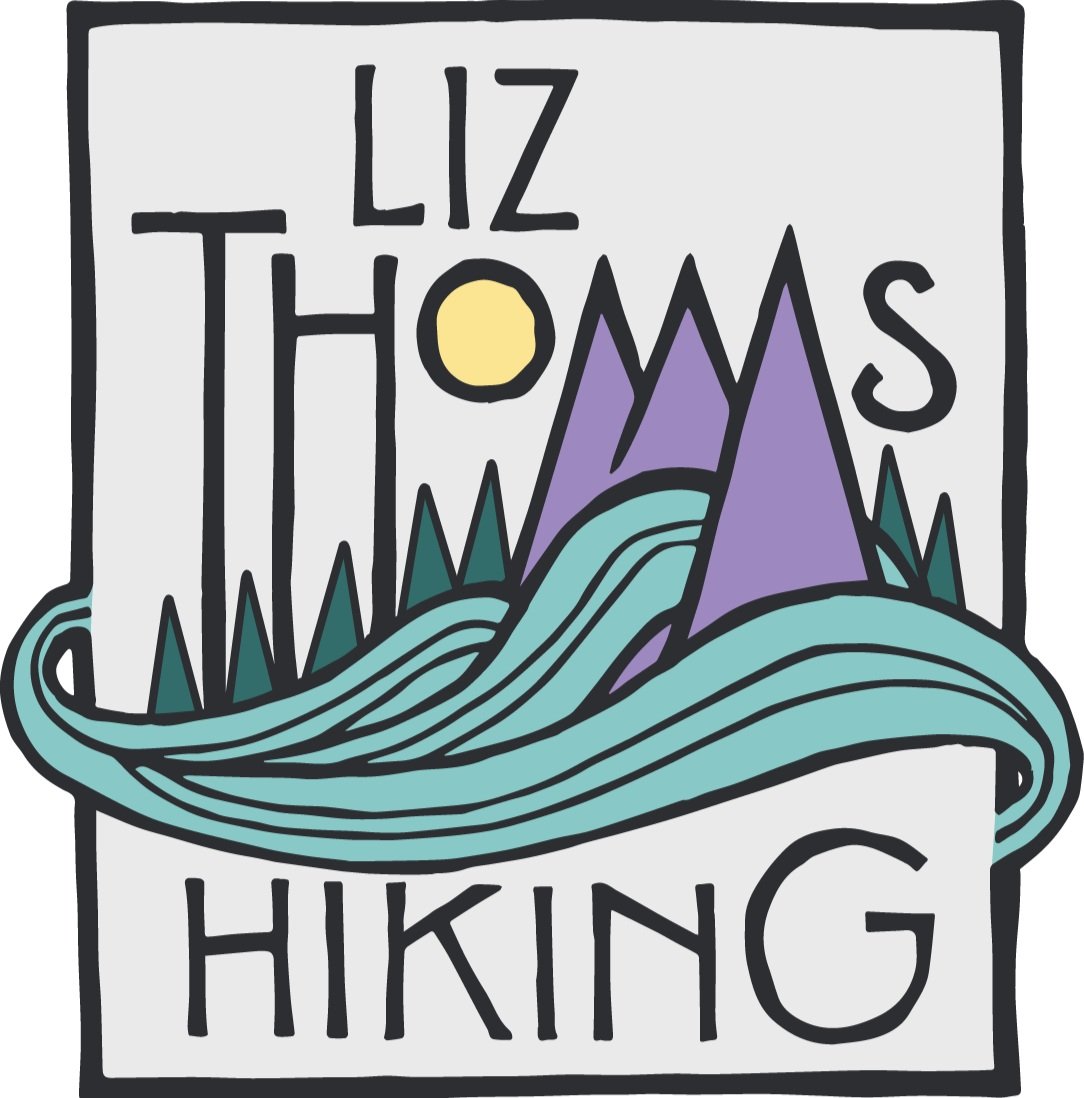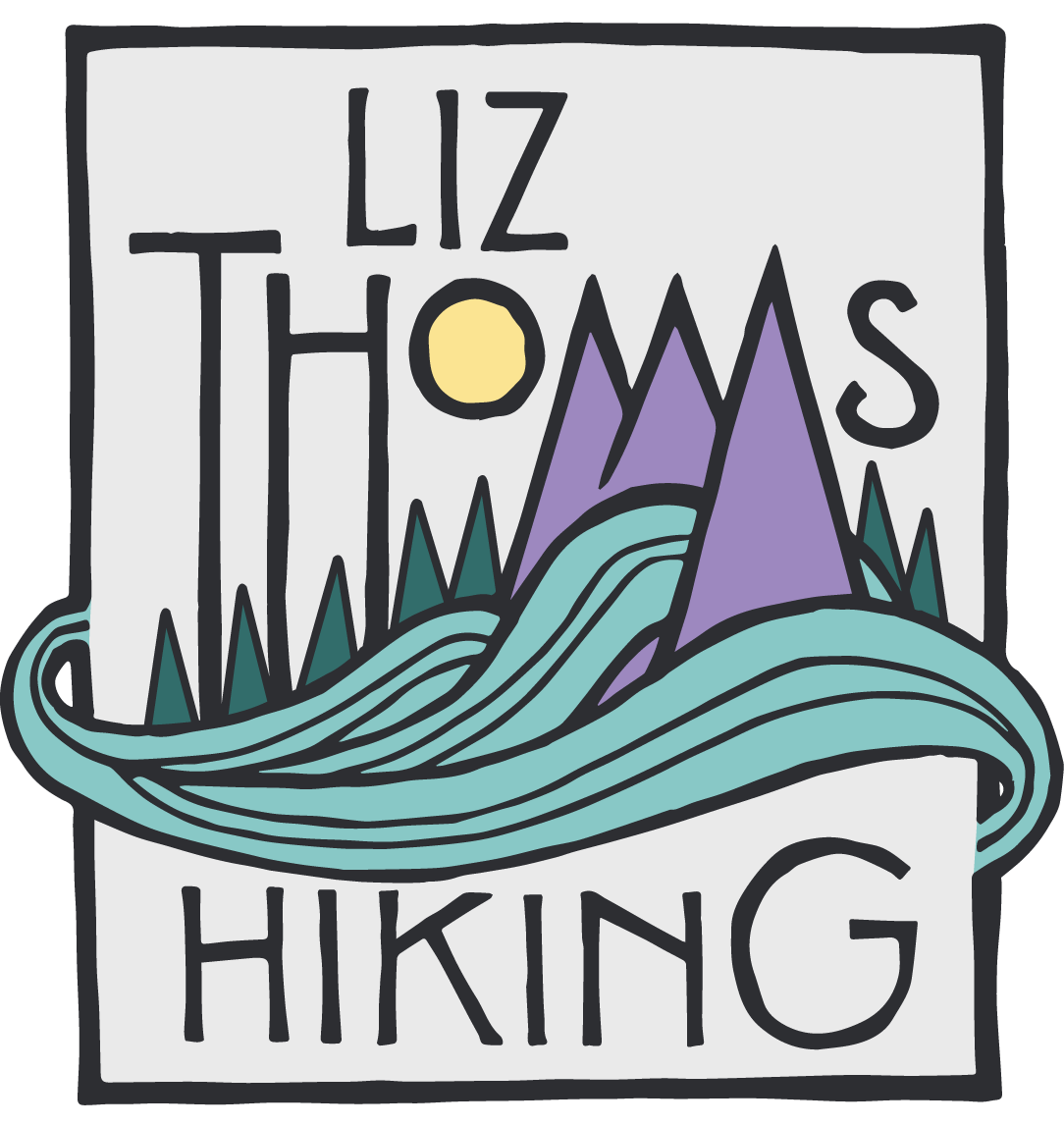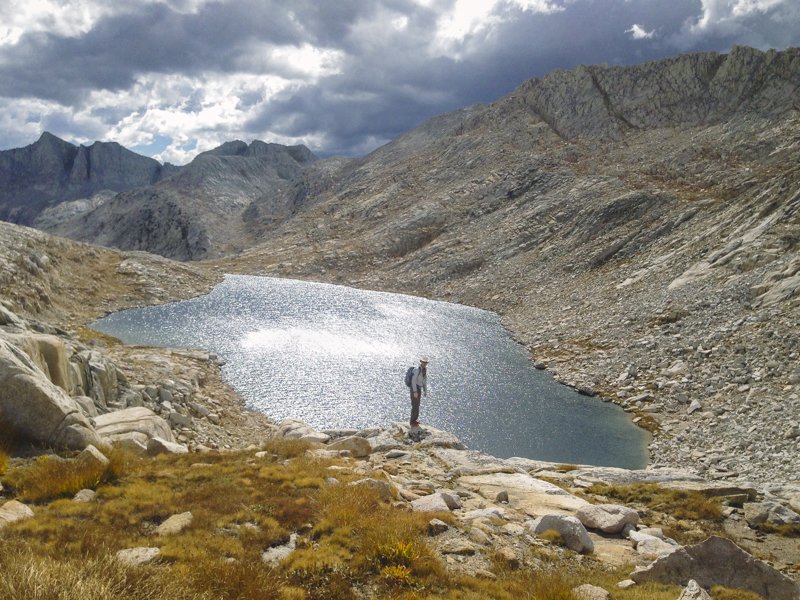At first, being home will be great after your long adventure. Endless food. Endless Netflix. No more foot/leg/back/what-have-you pain. Temperature control. Roof. Your family wants to hear about your hike and see photos. But after about 2-3 weeks, they’re over it. You’re over Netflix. And your thru-hike is still all you think about. You’ll be homesick for a place that doesn’t have a roof. The following tips are things that have helped me over a decade of emotional swings related to annual re-integration. I am not a medical professional (see disclaimer at the bottom fo this blog), but I believe my perspective may help you step into the next step of your hiking journey.
You’ll be homesick for a home without a roof.
Post-hike depression is a real thing.
I’ve seen it happen to some of the happiest, kindest, most unlikely people in the world. It is documented in retired elite athletes, so it makes sense it would happen to long distance hikers, too.
Yet, I’ve also heard deniers (even very prominent hikers) say, “Get over yourself. There are people in the world with life much worse. You are an ungrateful first-worlder sad because your trip is over.”
Like any form of mental illness, “Depression is in your head” or “others have it worse” are among the least helpful things you can say to someone living with post-hike depression.
“People are happiest when they’re planning for a trip. Sometimes, it is the planning—not the actual doing—that can be the reward in itself. ”
A major chemical change is going on in your body and mind
Post-hike depression is brought about at least partially by a major chemical change going on in your body and mind. Exercise and being outdoors are great for our bodies and minds. To suddenly no longer have that can be a big hit.
Post hike depression isn’t just biological
When you return to the real world, you lose your community and your identity—two elements correlated to happiness.
For many thru-hikers, after months of living in a world where you’ve had a lot of control over every detail of your life (on a thru-hike), you’re thrust into a bad world full of bad people and bad things.
It may seem like people who live in the “real world” have never known another lifestyle and thus don’t get how different the world can be.
According to an interview with Dr. Adam Kaplin from John Hopkins University, “The worst part of depression is that it narrows the field of vision into a very small tube so [the person] can’t see the options. A lot of [the goal of helping] is giving people a hope that things will get better.”
While many of those living with depression are often doing everything they can to feel better (and actively hate it when folks suggest some of the things below), my experience (and totally non-medical perspective) suggests that simulating the things that you loved the most on trail that are lost in the real world can be a very helpful tonic.
The thoughts below are all about reminding yourself that things can get better.
Knowing you aren’t alone can help give perspective on where you are
On a thru-hike, life is simple and, to paraphrase Thoreau, that simplicity is the key to happiness. Back here in the real world, things are complicated. The desire to give up all the advances of society to go back to a “better world” is strong.
You are likely to be hit with what one article on depression calls a sense of “powerlessness with an absence of hope.”
Find a support group, preferably other hikers
While it’s impossible for others to know exactly what you’re going through or why, other hikers are bound to realize that post-hike depression sucks a lot more than your civilization friends will. One of my favorite parts of the thru-hiking is the community—a place where people from all walks of lives come together, irrespective of their socioeconomic class or background. On a thru-hike, we have a shared self-imposed struggle that brings us closer. Real society, for all of its comforts, is lacking that.
Depending on where you live, there may be other long distance hikers near you. Get together in person and talk trail. You’ll feel a little bit like your identity and community are being restored by being back with your tribe (plus—when you inevitability gain back all the weight you lost hiking, they’ll remind you it’s a normal part of a hikers’ life and nothing to be ashamed about). Reconnecting with actual humans is bound to make you feel better than sitting in front of a computer.
Do activities that are mentally challenging—preferably with others
Some hikers have this box checked already: If you were lucky enough to have a job lined up right after the trail, keeping busy can save you from the post-hike rumination that reminds you how much the “real world” sucks compares to thru-hiking. For some, this means treating “looking for a job” like it is your job. For others, this can mean hitting the next hike planning with a vengeance. Set a goal and get to it. Disclaimer: I don’t mean to suggest that hikers necessarily suffer from major depressive disorder, which is a diagnosed condition which requires professional treatment. If you at all believe what you are experiencing is major depressive disorder and/or it existed before your hike, please seek help from a professional attention.
Make it stand out.
It all begins with an idea. Maybe you want to launch a business. Maybe you want to turn a hobby into something more. Or maybe you have a creative project to share with the world. Whatever it is, the way you tell your story online can make all the difference.
Make it stand out.
It all begins with an idea. Maybe you want to launch a business. Maybe you want to turn a hobby into something more. Or maybe you have a creative project to share with the world. Whatever it is, the way you tell your story online can make all the difference.

“It all begins with an idea. Maybe you want to launch a business. Maybe you want to turn a hobby into something more. Or maybe you have a creative project to share with the world. Whatever it is, the way you tell your story online can make all the difference.”
— Squarespace













